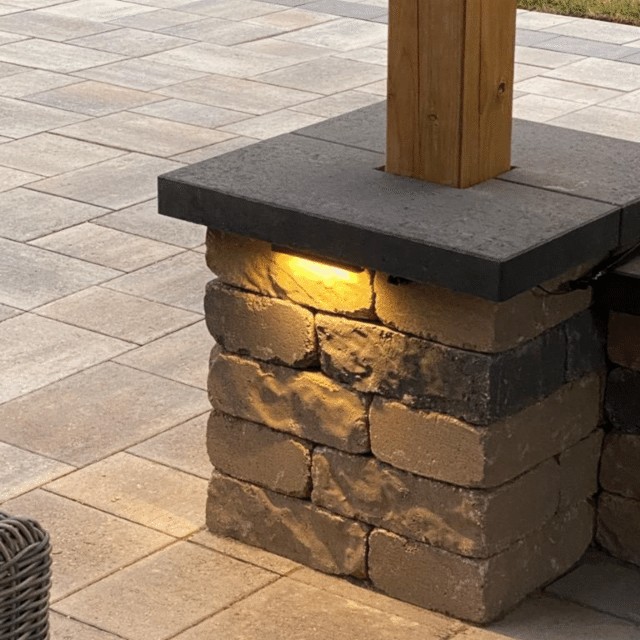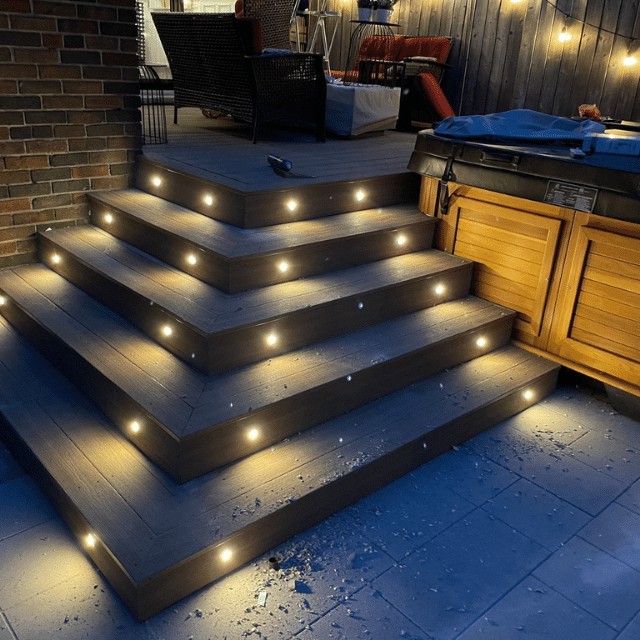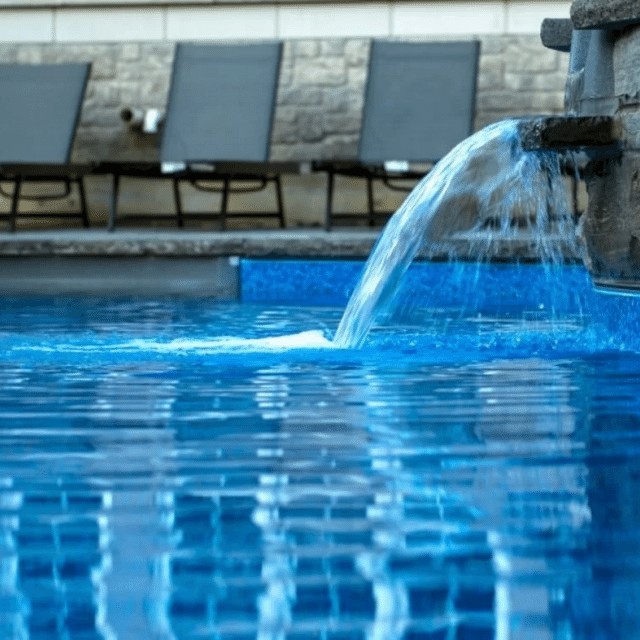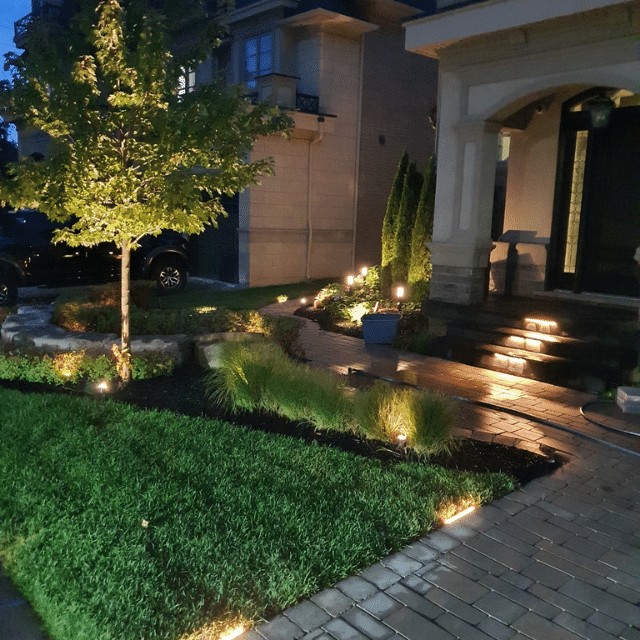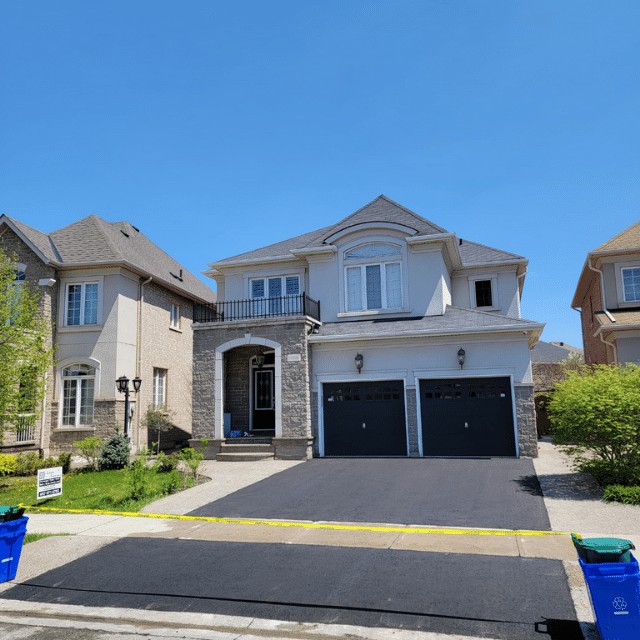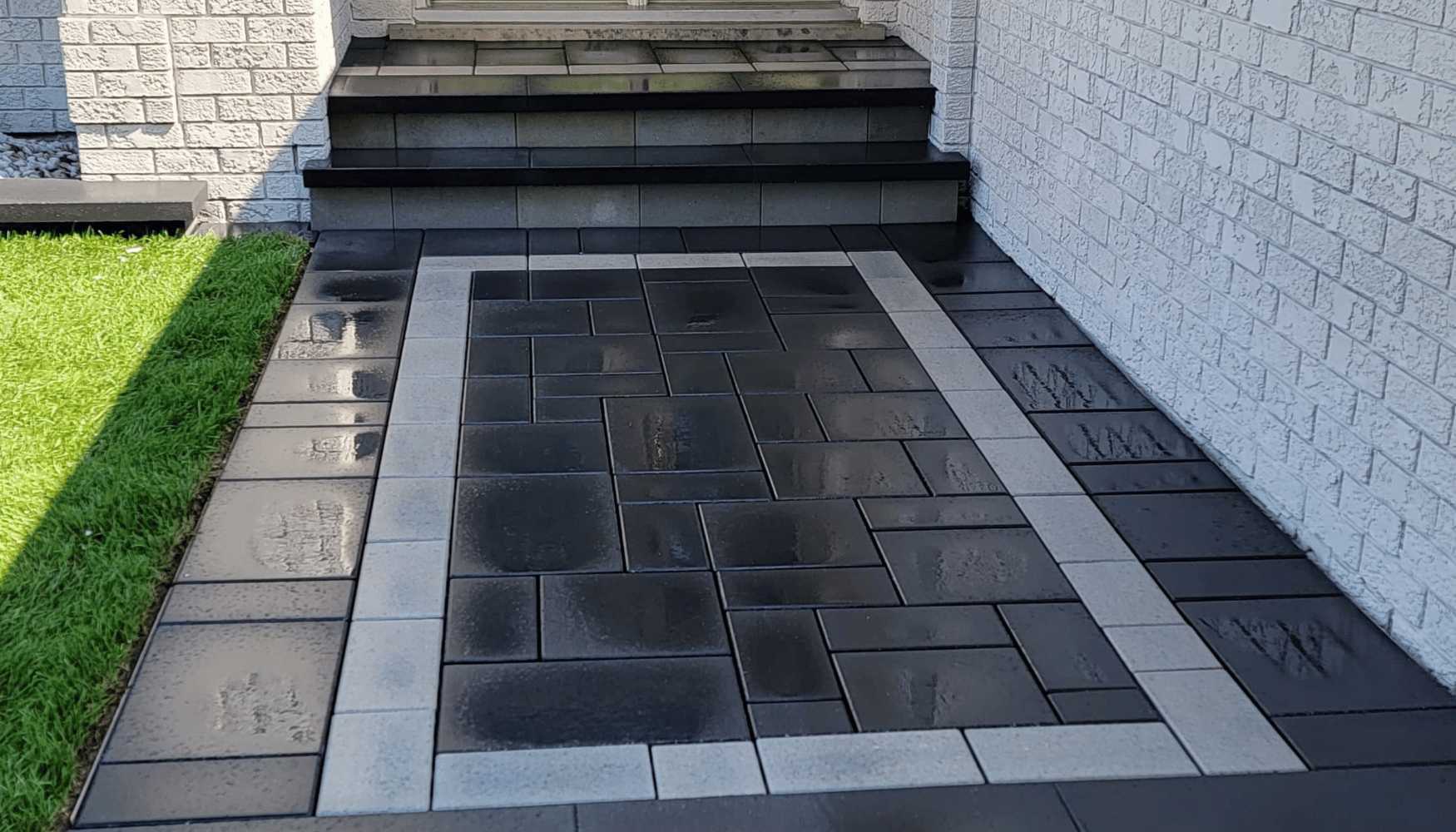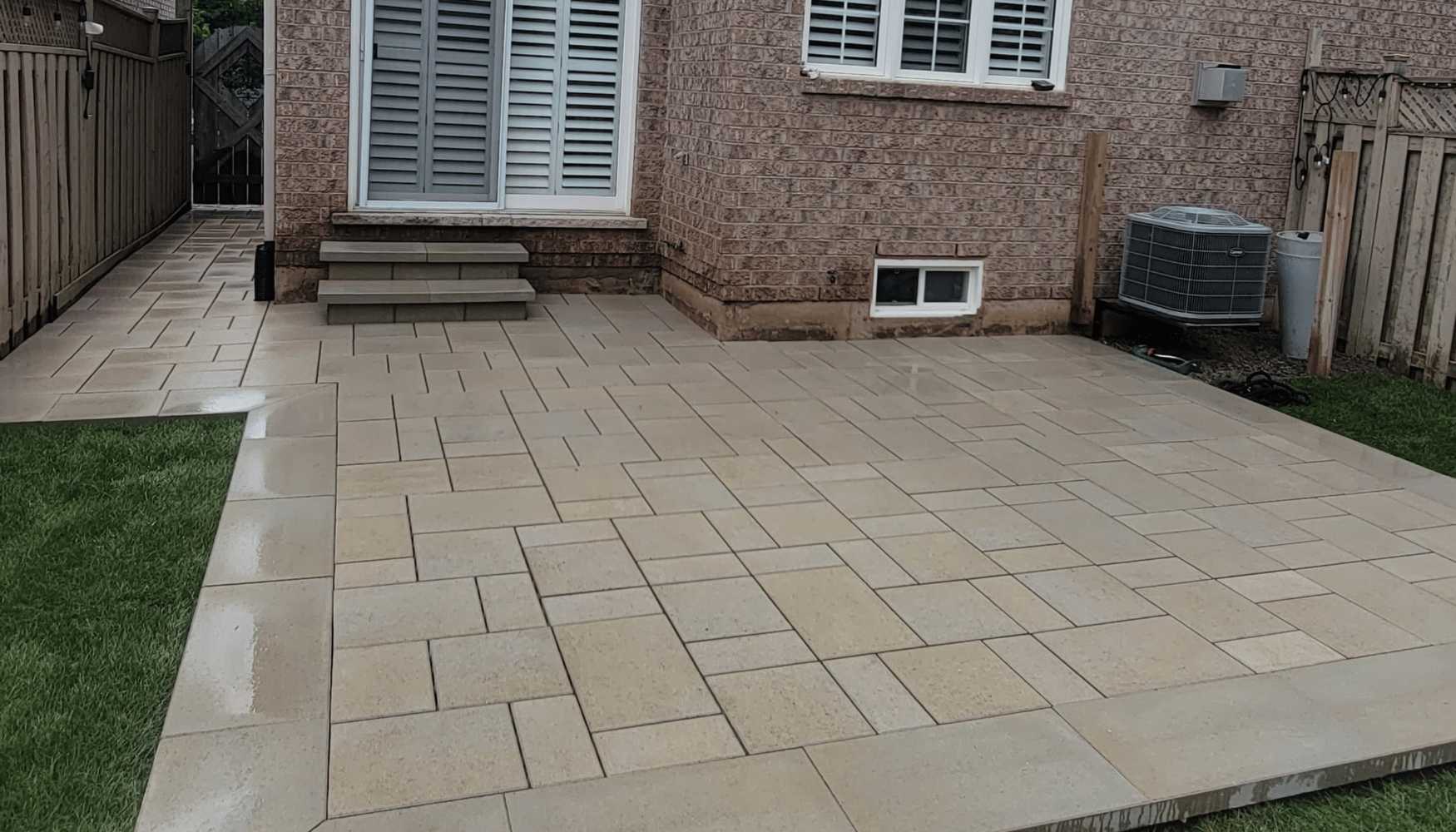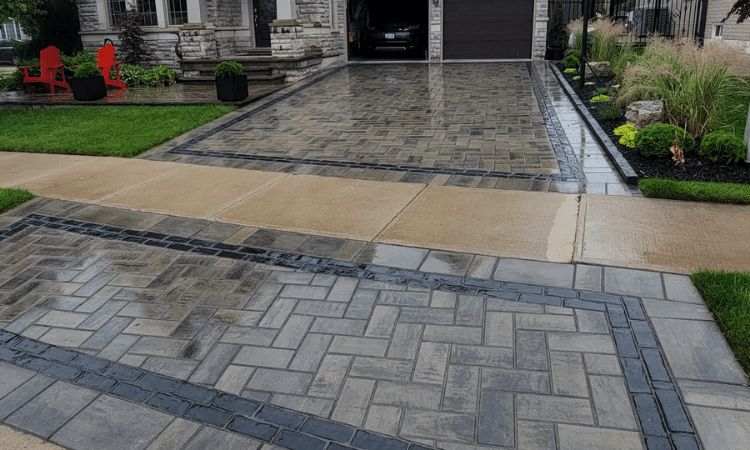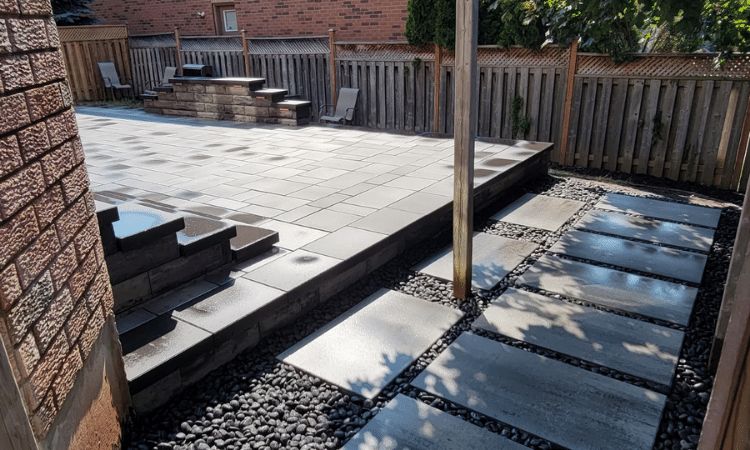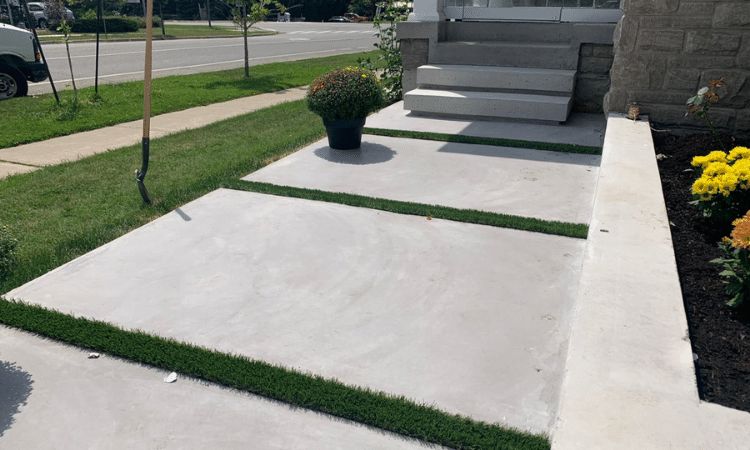Interlocking Vs Concrete
Choosing the Right Material for Your Project
When considering materials for your upcoming landscape project in Ontario, it's essential to explore options that not only elevate aesthetics but also offer durability and functionality. Among the choices, interlocking pavers and concrete stand out as popular options, each presenting distinct advantages. Here's a comprehensive comparison to guide you in making an informed decision for your project:
-
Aesthetic Appeal
Interlocking pavers: These versatile pavers come in a wide range of colors, shapes, and patterns, offering endless design possibilities. Whether you prefer the rustic charm of natural stone or the classic look of brick, interlocking pavers can enhance the aesthetic appeal of any landscape.
Concrete: While concrete can be customized through stamping and staining techniques, its design options may be more limited compared to interlocking pavers. However, it still offers a clean and modern aesthetic that can complement various architectural styles.
-
Durability
Interlocking pavers: Known for their durability, interlocking pavers are resistant to shifting and settling, reducing the likelihood of cracking. Each paver is individually placed, contributing to their long-lasting performance.
Concrete: Concrete is strong and durable, but it may crack over time, especially in large sections or harsh weather conditions. Proper installation and maintenance are essential to maximize its longevity.
-
Installation Efficiency
Interlocking pavers: While labor-intensive, the meticulous installation process ensures precise placement and leveling of each paver, resulting in a polished finish.
Concrete: Concrete can be poured quickly and requires less labor compared to interlocking pavers. However, proper curing is crucial to ensure structural integrity.
-
Maintenance Convenience
Interlocking pavers: With low maintenance requirements, interlocking pavers offer easy upkeep. Individual pavers can be replaced if damaged, and weed removal from joints is straightforward.
Concrete: Periodic sealing is necessary to protect concrete from stains and moisture. Additionally, crack repair may be required over time to maintain its appearance and functionality.
-
Cost Considerations
Interlocking pavers: While initial costs may be higher due to material and installation expenses, interlocking pavers offer long-term value through durability and aesthetic appeal.
Concrete: Concrete is typically more cost-effective upfront, but ongoing maintenance and repair costs should be factored into the overall cost of ownership.
